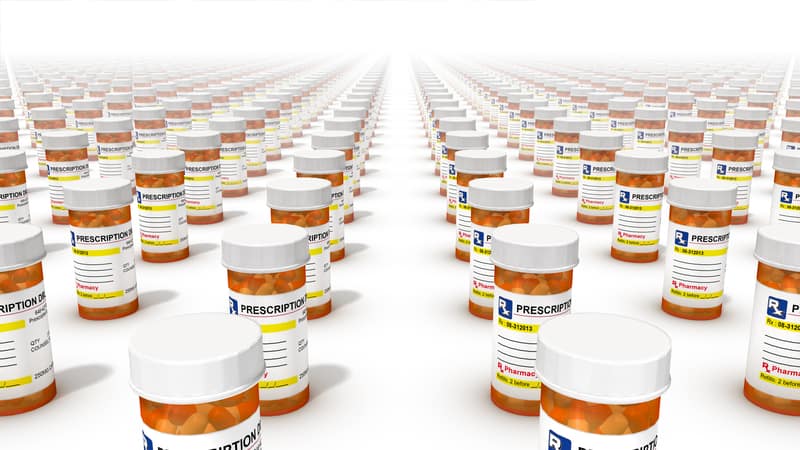Equipped with a blood test capable of predicting an individual’s response—or lack thereof—to the world’s largest drug class, Scipher Medicine is on its way to cracking the code of rheumatoid arthritis (RA) treatments.
Scipher’s PrismRA test analyzes each patient’s molecular signature to determine whether they’ll respond to tumor necrosis factor inhibitor, or TNFi, therapy. The drug class is prescribed to an estimated 90% of the 20 million RA patients around the world but is only clinically effective in about one-third of those prescribed, according to Scipher.
The two-thirds of patients who are on futile TNFi regimens, meanwhile, may experience accelerated disease progression and bone erosion as well as an increased reliance on opioids to manage their continuing symptoms.
A new study of the PrismRA test, however, shows that it can vastly improve targeted RA treatment outcomes, resulting in a clinical response three times better than that of patients whose treatments weren’t guided by the blood test.
In the study, which was published in Expert Review of Molecular Diagnostics, researchers assessed the treatment choices and subsequent clinical outcomes for 212 patients whose healthcare providers had performed the PrismRA test.
The test results were used to guide treatment decisions in 74% of the patients, and that group responded to those personalized therapies with triple the success rate of the remaining patients.
In the group whose RA treatments weren’t guided by PrismRA results, some were given TNFi therapies even though their tests indicated that they were non-responders. Indeed, according to the study, 90% of that particular subset failed to respond to a TNFi regimen, proving that time may be wasted and health outcomes potentially worsened when PrismRA’s findings aren’t heeded.
“This clinical study makes clear that a blood test capable of predicting patient responses to a commonly prescribed class of rheumatoid arthritis therapies could fundamentally shift the treatment paradigm,” said study co-author Vibeke Strand, M.D., an adjunct professor at the Stanford University School of Medicine. “Broad adoption of this important advancement could result in significant improvements in treatment outcomes.”
In addition to improving outcomes and speeding up the amount of time it takes to get patients started on a successful treatment regimen, using blood tests like those from Scipher, Myriad Genetics, Oxford BioDynamics and more to predict drug response could also save quite a bit of money by helping patients and their healthcare and insurance providers avoid purchasing potentially unsuccessful and extremely costly RA drugs.
RA therapies have long held a disproportionate share of the drug spending market. AbbVie’s Humira, for one, has been the world’s top-selling drug since 2012, with 2020 sales reaching $20.39 billion and its price hikes alone contributing a whopping $1.4 billion to U.S. drug spending that year, according to a recent analysis from the Institute for Clinical and Economic Review.

